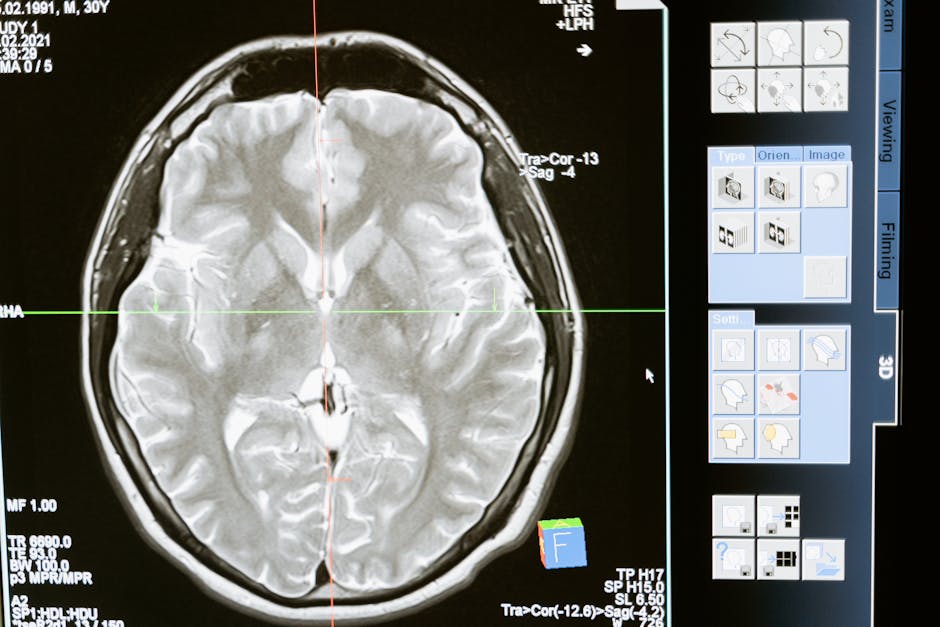
Ethical Standards for Polygraph Examiners
Polygraph examinations, commonly referred to as lie detector tests, are used in various contexts, from criminal investigations to employment screenings. The accuracy and reliability of these tests depend heavily on the ethical standards adhered to by polygraph examiners. This blog post delves into the ethical guidelines that polygraph examiners must follow to ensure the integrity and fairness of their work.
The Importance of Ethical Standards in Polygraph Testing
Ethical standards are crucial in maintaining the credibility of polygraph tests. Without stringent ethical guidelines, the results of these tests could be easily manipulated, leading to false positives or negatives. The consequences of such inaccuracies can be severe, affecting individuals’ lives, reputations, and even their freedom.
According to the American Polygraph Association (APA), adherence to ethical standards is essential for maintaining public trust in the polygraph profession. These standards ensure that polygraph examiners conduct their work with honesty, integrity, and respect for the individuals being tested.
Key Ethical Guidelines for Polygraph Examiners
Several key ethical principles guide the conduct of polygraph examiners. These include:
- Confidentiality: Polygraph examiners must protect the confidentiality of the information obtained during examinations. Unauthorized disclosure of test results or personal information can lead to legal and ethical violations.
- Informed Consent: Individuals undergoing polygraph tests must provide informed consent. This means they should be fully aware of the test’s purpose, procedures, and potential consequences.
- Impartiality: Examiners must conduct tests without bias or prejudice. They should remain neutral and avoid any actions that could influence the test outcome.
- Competence: Polygraph examiners must have the necessary training and expertise to conduct tests accurately. They should stay updated with the latest developments in the field through continuous education.
Industry Best Practices for Polygraph Examiners
In addition to adhering to ethical guidelines, polygraph examiners should follow industry best practices to ensure the reliability and validity of their tests. These practices include:
Pre-Test Procedures
Before conducting a polygraph test, examiners should:
- Review Case Information: Thoroughly review all relevant information about the case to understand the context and prepare appropriate questions.
- Establish Rapport: Build a rapport with the examinee to create a comfortable environment and reduce anxiety, which can affect test results.
- Explain the Process: Clearly explain the polygraph process, including the equipment used and the types of questions that will be asked.
During the Test
During the polygraph examination, examiners should:
- Maintain Professionalism: Conduct the test in a professional manner, avoiding any behavior that could be perceived as coercive or intimidating.
- Use Standard Techniques: Employ standardized polygraph techniques and question formats to ensure consistency and reliability.
- Monitor Physiological Responses: Accurately monitor and record the examinee’s physiological responses to the questions.
Post-Test Procedures
After the polygraph test, examiners should:
- Analyze Data: Carefully analyze the collected data to determine the examinee’s truthfulness.
- Provide Clear Results: Communicate the test results clearly and accurately to the appropriate parties, ensuring that the findings are supported by the data.
- Maintain Records: Keep detailed records of the examination, including the test results and any relevant notes, for future reference.
Challenges and Controversies in Polygraph Testing
Despite the ethical guidelines and best practices in place, polygraph testing remains a controversial topic. Critics argue that polygraph tests are not entirely reliable and can be influenced by various factors, such as the examinee’s stress levels or medical conditions. Additionally, there are concerns about the potential for false positives or negatives.
According to a study published in the Journal of Forensic Sciences, the accuracy of polygraph tests can vary widely, with some studies reporting accuracy rates as low as 70%. This variability underscores the importance of following ethical standards and best practices to minimize errors and ensure the reliability of test results.
Conclusion: Upholding Ethical Standards in Polygraph Examinations
Ethical standards are the cornerstone of the polygraph profession. By adhering to these guidelines, polygraph examiners can ensure the integrity and fairness of their work, thereby maintaining public trust in the accuracy and reliability of polygraph tests. While challenges and controversies persist, the commitment to ethical conduct and continuous improvement remains essential for the advancement of the field.
For individuals and organizations considering polygraph examinations, it is crucial to work with qualified and ethical polygraph examiners who adhere to industry standards and best practices. This approach will help ensure that the results of polygraph tests are as accurate and reliable as possible, ultimately serving the best interests of all parties involved.
